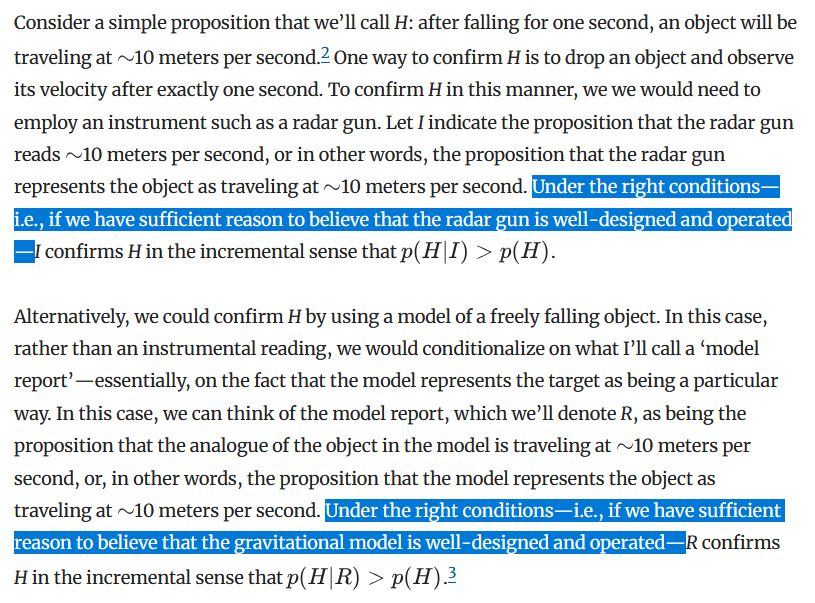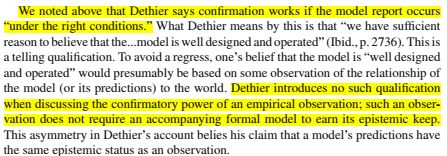Corey Dethier
@cdethier.bsky.social
1.1K followers
170 following
170 posts
Philosophy of science, epistemology, and random flights of fancy. Currently a postdoc at UMN. He/him/whatever. coreydethier.com
Posts
Media
Videos
Starter Packs
Corey Dethier
@cdethier.bsky.social
· Sep 10
Corey Dethier
@cdethier.bsky.social
· Sep 9
Corey Dethier
@cdethier.bsky.social
· Aug 29
Corey Dethier
@cdethier.bsky.social
· Aug 22

How do you assert a graph? Towards an account of depictions in scientific testimony
I extend the literature on norms of assertion to the ubiquitous use of graphs in scientific papers and presentations, which I term “graphical testimony.” On my account, the testimonial presentation o...
onlinelibrary.wiley.com
Corey Dethier
@cdethier.bsky.social
· Aug 19
Corey Dethier
@cdethier.bsky.social
· Aug 10
Corey Dethier
@cdethier.bsky.social
· Aug 10
Corey Dethier
@cdethier.bsky.social
· Aug 10
Corey Dethier
@cdethier.bsky.social
· Jun 10
Corey Dethier
@cdethier.bsky.social
· Jun 10
Corey Dethier
@cdethier.bsky.social
· Jun 10
Corey Dethier
@cdethier.bsky.social
· Jun 1
Corey Dethier
@cdethier.bsky.social
· May 8
Corey Dethier
@cdethier.bsky.social
· May 8
Corey Dethier
@cdethier.bsky.social
· Apr 15
Corey Dethier
@cdethier.bsky.social
· Apr 9
Reposted by Corey Dethier
Nanjala
@nanjala.bsky.social
· Feb 3







